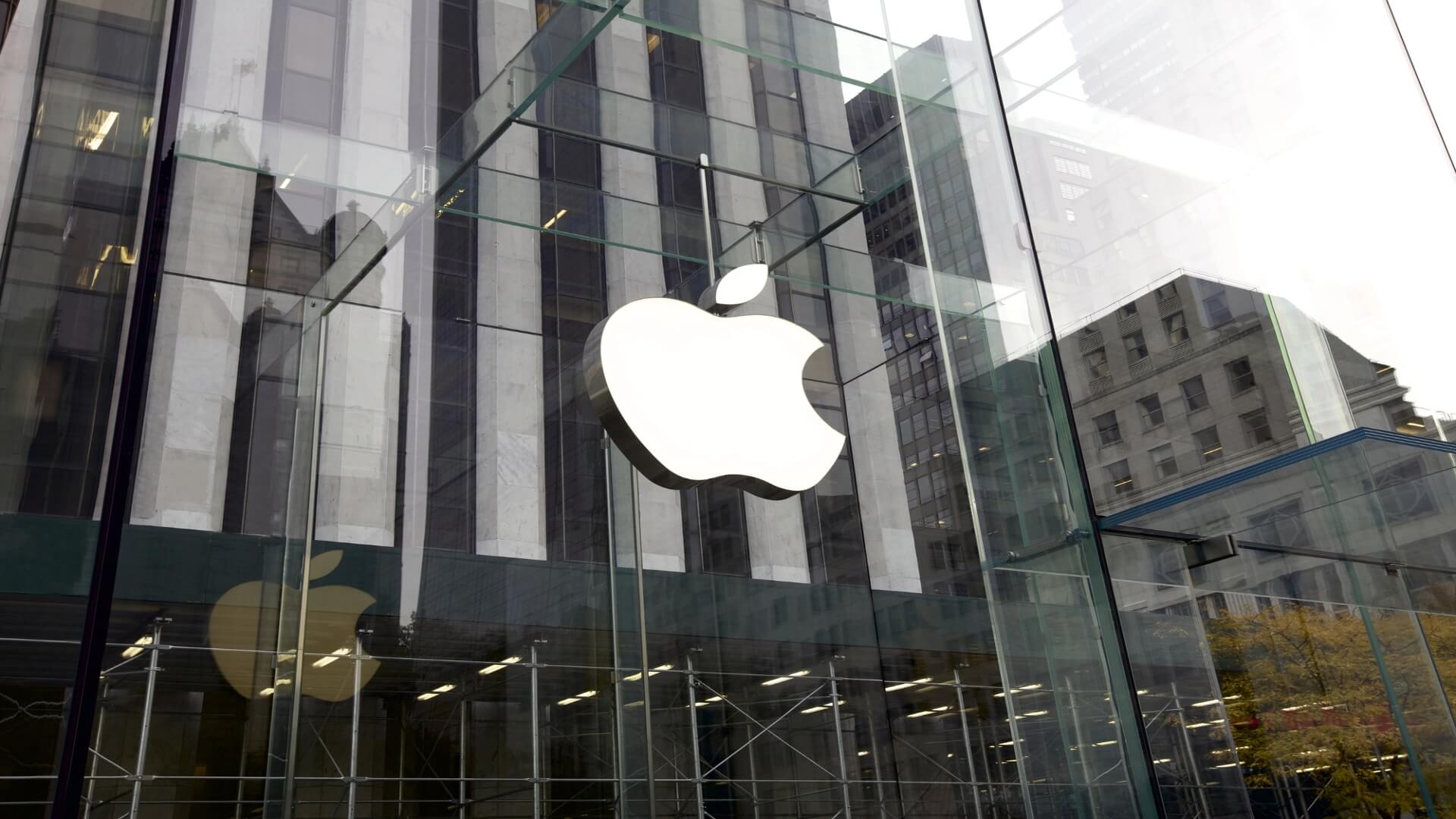According to some experts, Apple’s anti-competitive behavior including raising prices, denying consumers choice, lowering quality and damping the incentive of sellers of complementary or competing products to innovate. They believe that Apple must be held accountable for its anti-consumer and anti-competitive actions, which also violate intellectual property law. The European Union (EU) has been accusing Apple of being anti-competitive since 2021. Initially, the EU claimed Apple wasn’t playing fair in the music streaming market after Spotify complained about Apple’s tactics. Most recently, EU antitrust regulators are saying that Apple isn’t letting other companies use its NFC technology, making it harder for them to create their own mobile wallet services for Apple devices.
“Apple’s App Store policies, such as imposing high fees, taking control of the entire customer relationship, and withholding important user information under the guise of privacy and security, hamper our transition to a subscription-based business model,” said Petra Wikstrom, director of Public Policy at Schibsted, to Reuters in an interview.
In the US, the Department of Justice (DOJ) has escalated its probe focused on whether Apple has engaged in anticompetitive business practices. Investigators are reportedly exploring Apple’s policies toward third-party apps on its devices and whether its IOS operating system favors its own software products over those developed by other firms. In addition, lawmakers on both sides of the aisle vowing to crackdown on Apple and other Tech giants accused of suppressing competition. The lawmakers’ criticism of Apple’s business practices has mostly focused on its App Store, where Apple takes a 30% fee on paid downloads and in-app purchases for developers that earn $1 million or more in annual revenue. In response, Apple has argued that its practices encourage competition in the online marketplace, where outside developers compete with Apple’s own products. Here is an opinion piece we found of interest relating to Apple’s anti-competitive behavior.
Apple’s anti-competitive tactics must be stopped
In an opinion piece “Apple’s anti-competitive tactics must be stopped” for The Hill, Mark Cooper, senior fellow at the Consumer Federation of America, argues that one of the most challenging areas of antitrust enforcement is the intersection of antitrust and intellectual property. While antitrust seeks to stimulate competition, intellectual property seeks to protect innovation. He believes there is no greater offense to both than when a dominant firm infringes the patent of a smaller rival, who is an actual or potential competitor. Earlier this year, a judge with the US International Trade Commission (USITC) ruled that Apple infringed on patents from an American company called Masimo in the Apple Watch Series 6, 7 and 8. As a result, the ITC has recommended banning further imports of Apple Watches that infringe these patents at the border. This was the second case this year in which the ITC ruled that Apple stole patents in the Apple Watch and recommended a ban. Cooper thinks the rulings have given U.S. innovators and inventors hope that there would finally be accountability for Apple’s well-known but barely addressed dishonesty.
According to Cooper, Masimo invented, sells and licenses noninvasive technologies that monitor physiological parameters to hundreds of companies, supplying the technology to hospitals and individuals. Masimo’s willingness and ability to license and partner with large numbers of companies and its effort to license its technology to Apple suggests it could meet demand, but for Apple’s desire to use the technology to strengthen its hold on the bottleneck and market. Read the full article on The Hill.
Disclosure: Fatty Fish is a research and advisory firm that engages or has engaged in research, analysis, and advisory services with many technology companies, including those mentioned in this article. The author does not hold any equity positions with any company mentioned in this article.
The Fatty Fish Editorial Team includes a diverse group of industry analysts, researchers, and advisors who spend most of their days diving into the most important topics impacting the future of the technology sector. Our team focuses on the potential impact of tech-related IP policy, legislation, regulation, and litigation, along with critical global and geostrategic trends — and delivers content that makes it easier for journalists, lobbyists, and policy makers to understand these issues.
- The Fatty Fish Editorial Teamhttps://fattyfish.org/author/fattyfish_editorial/January 19, 2024
- The Fatty Fish Editorial Teamhttps://fattyfish.org/author/fattyfish_editorial/January 3, 2024
- The Fatty Fish Editorial Teamhttps://fattyfish.org/author/fattyfish_editorial/January 3, 2024
- The Fatty Fish Editorial Teamhttps://fattyfish.org/author/fattyfish_editorial/December 31, 2023











